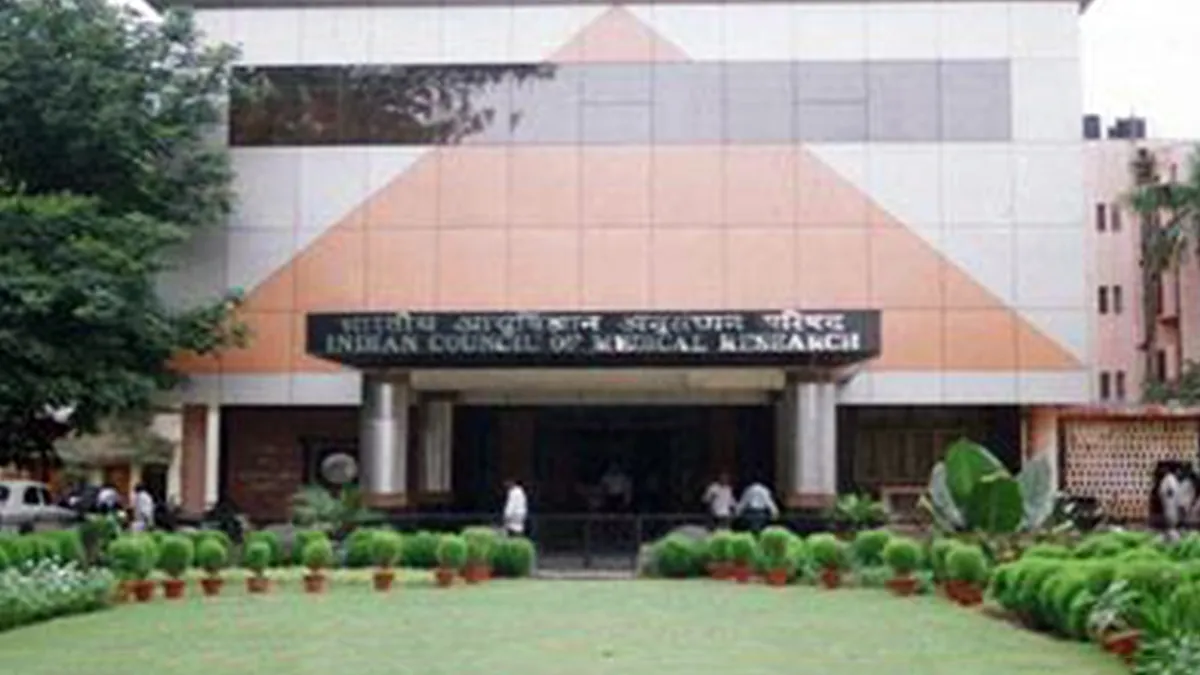
Controlled Human Infection Studies (CHIS), which are utilised in many nations for vaccine and therapy development, have been introduced in India for the first time. Due to ethical concerns, CHIS has remained a no-go area for India, but the Indian Council of Medical Research's (ICMR) Bioethics Unit hopes to alter that. This relatively new research methodology, which involves purposely exposing healthy volunteers to pathogens in a controlled setting, has been used to investigate malaria, typhoid, dengue, and other diseases outside of India.
The ICMR's Bioethics Unit has issued a consensus policy statement that is now open for review and makes the case for incorporating CHIS. The document discusses the necessity, advantages, and problems of CHIS. "This paper is aimed at addressing a variety of ethical issues so that research can be conducted in India without compromising ethical principles while ensuring the protection of human participants," the ICMR writes.
The ICMR notes that, despite the potential scientific benefits, these studies are ethically sensitive and raise concerns about contentious research ethics — issues such as deliberate harm, potential disproportionate payment and thus inducements, third-party risk, withdrawal from the study, and research with vulnerable participants. "As a result, these studies require a streamlined ethics review process with additional ethical oversight and safeguards to protect study participants," the article concludes. It goes on to say that the barriers include technological, therapeutic, ethical, and legal disagreements, as well as a particular socio-cultural setting.
Infectious illnesses have a substantial morbidity and death burden in India. They account for over 30% of the illness burden in the country. To lessen this burden, creative, efficient, and cost-effective alternatives to present techniques of research in these illnesses and their prevention are required. According to the ICMR, CHIS is a relatively new research model that can assist give unique insights into illness pathophysiology and potentially hasten the development of novel medicinal therapies.
It goes on to say that CHIS provides faster, more cost-effective, more efficient results with lower sample numbers than major clinical studies. Its social value includes potential contributions to public health response to important illnesses, healthcare decision-making, policy and economic advantages, better pandemic preparation, and community empowerment.
The ICMR has also warned that CHIS is a highly complicated field that may necessitate cooperation at many levels involving researchers, institutions, organisations, and/or nations. Collaborations should be promoted in order to obtain the necessary knowledge, which may not be accessible within a single center/research team. “ICMR Bioethics Unit has formulated a consensus policy statement to address the ethical concerns related to the conduct of CHIS and this has been developed through a process of rigorous engagement with experts in the last few months. These studies may play a crucial role in advancing the scientific understanding of infectious diseases and thereby accelerating the development of treatment strategies. However, being a very specialised type of research involving deliberately infecting healthy volunteers with a specific pathogen under controlled conditions, these may have a lot of ethical challenges and an attempt has been made to address these issues in this document. The document is being posted on ICMR website for public consultation till August 16,” noted ICMR.
"The ICMR Bioethics Unit has developed a consensus policy statement to address the ethical concerns related to the conduct of CHIS, which has been developed over the last few months through rigorous engagement with experts." These research have the potential to significantly advance scientific understanding of infectious illnesses, consequently quickening the development of treatment solutions. However, because this is a highly specialist sort of study that involves purposely infecting healthy volunteers with a specific pathogen under controlled settings, it may raise a number of ethical concerns, which have been addressed in this publication. The paper is available for public comment on the ICMR website until August 16, according to the organisation.
